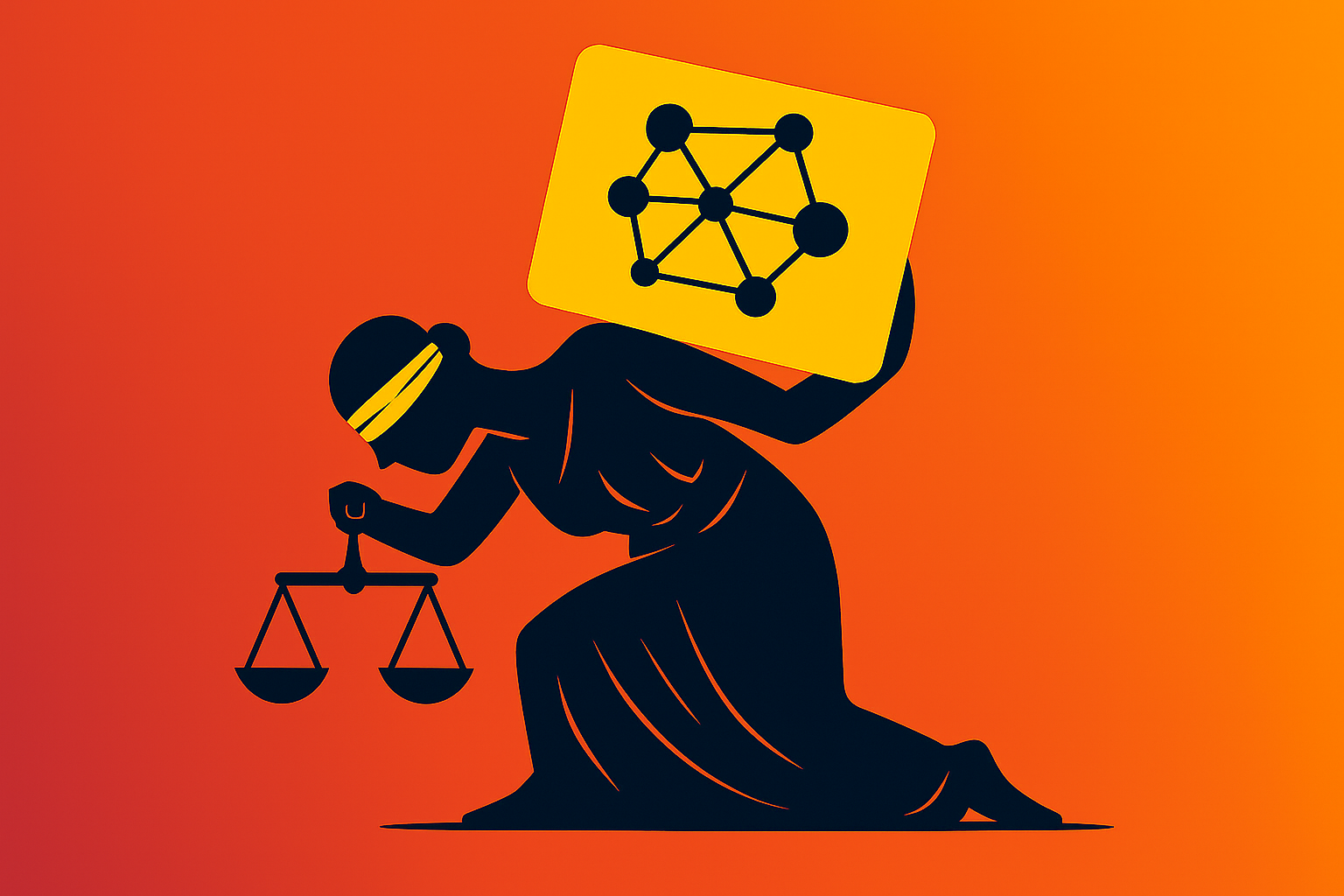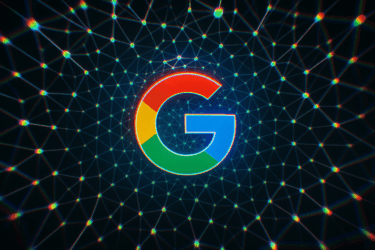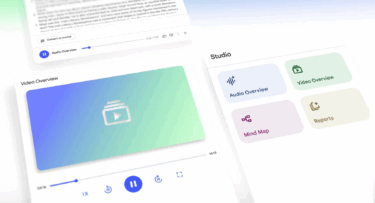Linkedin is introducing a generative AI search feature for Premium users in the US, aiming to make it easier to find the right people. Instead of relying on exact keywords, users can now enter natural language prompts like "someone who has built a small business" or "a digital marketing professional." Previously, the search required details like a company name or job title to get relevant results.
The new search tool uses Linkedin's own data to deliver more flexible and relevant matches. Linkedin says it plans to expand the feature to other countries soon. The company has also started using user data for AI training by default, but anyone who wants to opt out can do so in their account settings.
Firefox is testing a new feature called "AI Window," giving users a dedicated space in the browser to interact with an AI assistant when they want it. Mozilla frames the tool as a controlled chat panel that can support browsing tasks without reshaping how people use the browser. The company says users decide if, when, and how the feature appears, and they can disable it at any time.
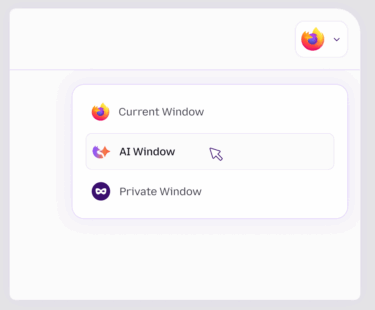
Mozilla positions this approach as a contrast to browsers like OpenAI's Atlas, where AI is either always present or completely absent, or, in Mozilla's view, nudges users into open-ended chat sessions. With AI Window, Firefox aims to maintain its identity as a fast, private, and independent browser, treating AI as an optional layer built around transparency and user control. Those interested can join Mozilla's waiting list. All AI browsers released so far have already faced significant security issues.
OpenAI is testing a group chat feature for ChatGPT in Japan, South Korea, Taiwan, and New Zealand. Users on Free, Go, Plus, and Pro plans can chat together with other people and ChatGPT in the same conversation. The system won't pull in personal memories from private chats. ChatGPT jumps in based on context or when someone addresses it directly.
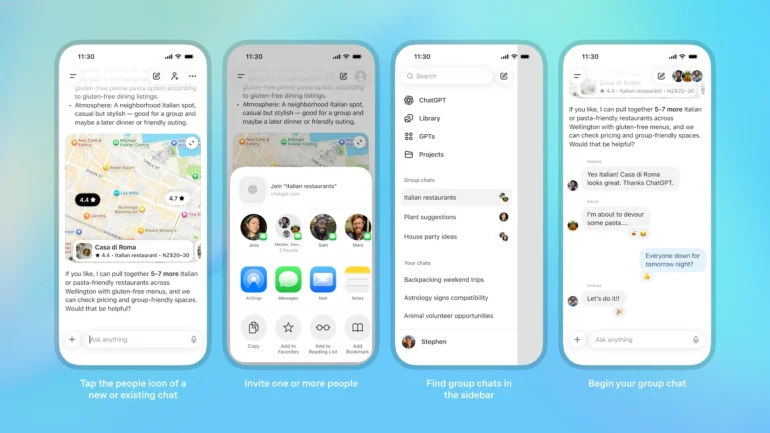
The responses run on the GPT-5.1-Auto model. Participants can join through invitation links, manage groups, and customize ChatGPT's settings individually. Users under 18 get automatic content restrictions, and parents can disable the feature entirely.
According to the Wall Street Journal, Amazon, Microsoft, and AI startup Anthropic are backing a US law that would further restrict Nvidia's chip exports to China. The proposed Gain AI Act would require semiconductor companies to satisfy US demand first before shipping chips to countries under arms embargos. The law would give tech giants like Amazon and Microsoft priority access to chips.
Nvidia opposes the plan, warning it would create unnecessary market interference. Some government officials question whether the law is even needed, pointing out that the Commerce Department already has the authority to enforce export controls. Meta and Google haven't commented on the proposal. The Gain AI Act could be attached to the defense budget as an amendment.
Anysphere, the company behind the widely used AI code editor Cursor, has raised $2.3 billion in a Series D round, pushing its valuation to $29.3 billion. That's nearly three times what the company was worth after its last round in June, when it brought in over $900 million. The funding comes on the heels of Cursor 2.0, a major update that leans further into autonomous AI agents and debuts Anysphere's own coding model, moving beyond simply integrating models from OpenAI, Anthropic, and others.
Big-name investors, including Accel and Andreessen Horowitz, returned for this round, with new backers like Nvidia and Google joining in. Cursor reportedly brings in more than $1 billion in annual revenue and now employs over 300 people. Despite its rapid growth, Anysphere says it has no plans to go public. While AI coding tools like Cursor are catching on in the enterprise world, recent studies suggest that gains in productivity are modest and developers remain wary of trusting AI-generated code.
